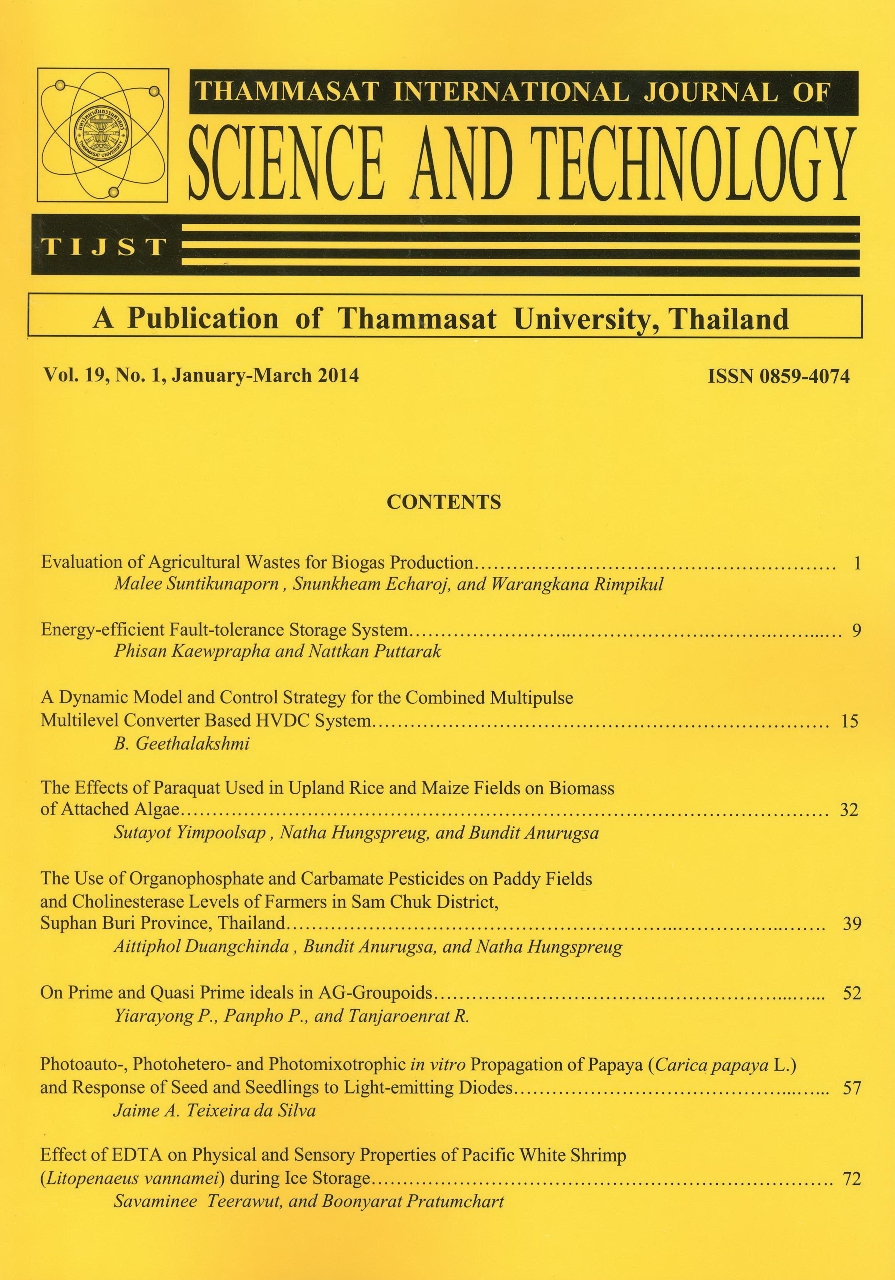The Effects of The Pedometer-based Intervention on Body Composition in Middle-aged Thais with Overweight: A Preliminary Study
Main Article Content
Abstract
Background: Obesity and overweight are major risk factors of cardiovascular disease. Increased physical activity has been suggested to prevent cardiovascular diseases. However, most studies have been completed in North America and Europe; only a few studies were conducted in Asia. Therefore, the purpose of the study was to explore whether the effects of the pedometer-based intervention on body composition in participants who are overweight. Methods: Thirty-five overweight participants who had body mass index ≥ 25 kgm-2 were participated and were assigned to the 12-week pedometer-based walking program (10,000 stepsd-1). Body composition was measured initially before and after the 12-week intervention. The amount of step-counts, 5-days a week was recorded in a diary booklet. Results: During the walking intervention, 30 individuals who had accumulated 10,000 stepsd-1 had a significantly lower body weight (-1.57 kg.), waist circumference (-2.48 cm), body mass index (.63 kgm-2), and body fat percentage (-3.17 %), body fat mass (- 2.69 kg.), Lean body mass (1.12 kg.), Fat free mass index (1.08 kgm-2), and body fat mass index (-1.08 kgm-2) compared with measurement prior to the study program. Conclusions: The accumulation at least 10,000 stepsd-1 resulted in decreased body weight, body mass index, % body fat, and waist circumference. This has shown that an increase in physical activity by accumulating at least 10,000 stepsd-1 over 12 weeks can improve body composition in overweight Thai participants.
Keywords: physical activity; walking; pedometer; overweight; body composition


